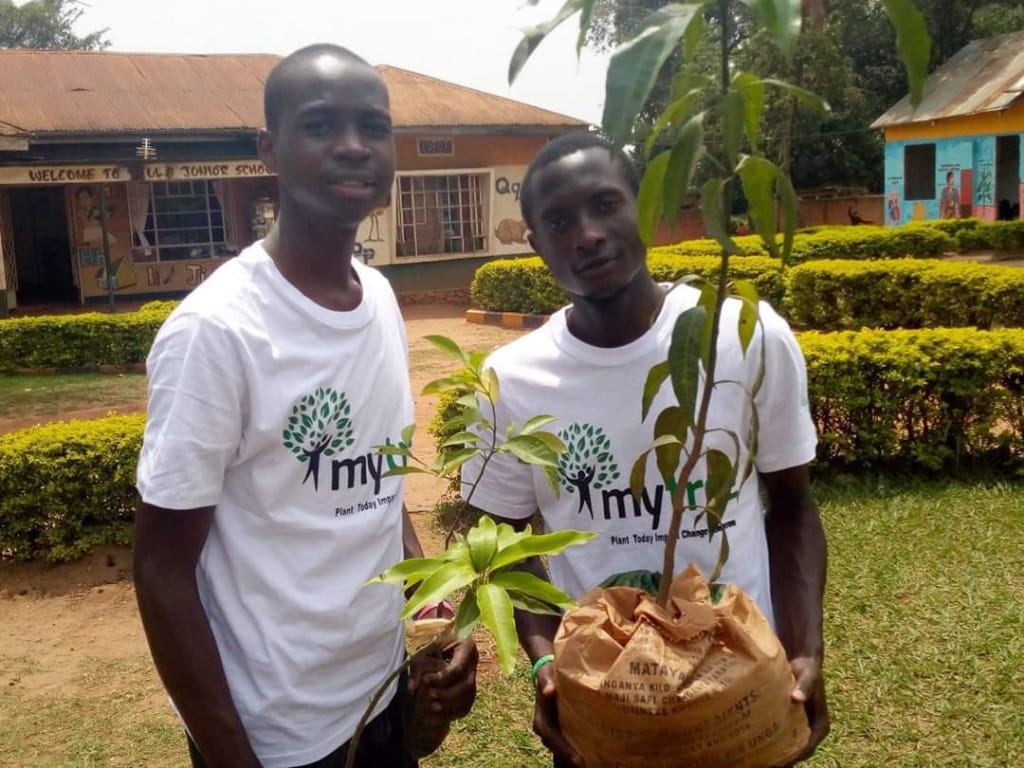
Hello Readers! My name is Enjer Ashraf, founder My Tree Initiative Uganda living in Kampala, Uganda. l love so much working with children. My team and I work with primary school children to plant trees as a way of introducing to them a sense of environmental conservation at a tender age.
Now, with the coronavirus outbreak, we have limited – and for others – no access to parks, green spaces or even trees, the sense of loss is very tangible right now. Of course, that feeling pales in comparison to those dealing with the loss of a loved one or friend due to the unforgiving coronavirus but it’s a sentiment we must also confront for society at large.
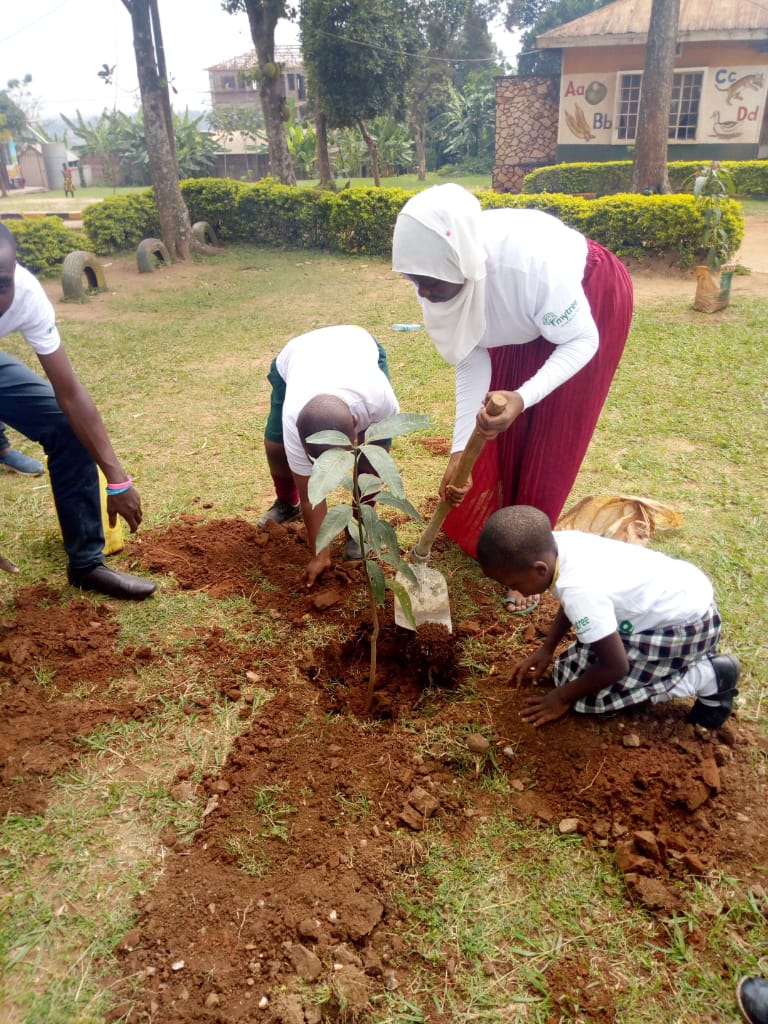
As we rush to address the urgent, overwhelming global coronavirus pandemic, it’s easy to overlook the long-term support systems that maintain our health and wellness.
Today my thoughts are with all those battling the virus, with the families of all the victims around the world, and also with the doctors, paramedics and health officials and others who have put their lives at risk for the rest of us.
I commend mostly us the young people for our mature response in the face of the crisis. Our support is helping all institutions to work in a coordinated manner to fight the outbreak. Here in Uganda, our healthcare has shown great alacrity and competence in meeting the extraordinary and evolving challenge.
My country’s leadership and administration have proved their mettle in these testing times. I believe that together we will weather the storm. I also commend my President H.E Yoweri Kaguta Museveni for taking pre-emptive measures in right earnest to contain the pandemic at the very beginning. Even Uganda was featured on PBS on it’s fantastic approach to managing COVID-19.
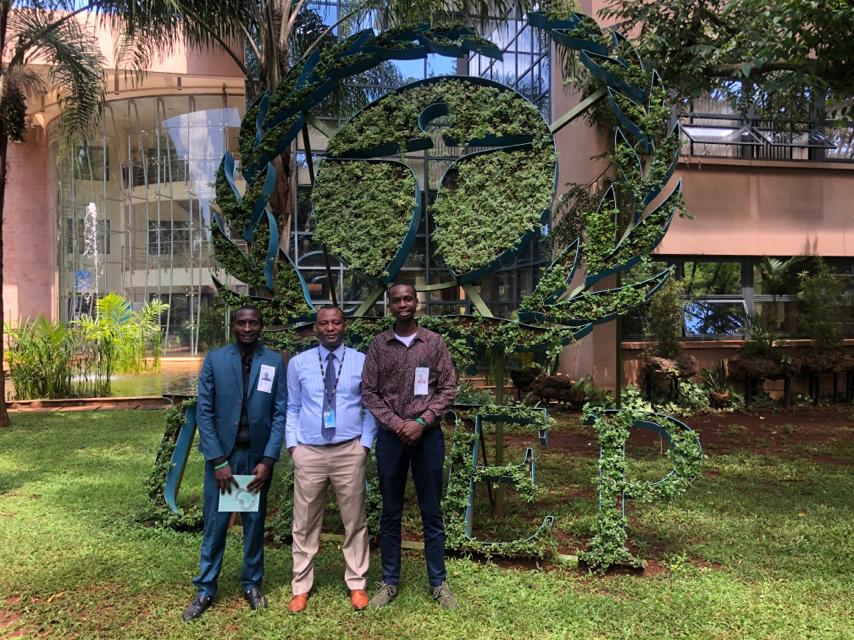
The outbreak has forced us to keep a respectful distance from others. This isolation, self-imposed or medically mandated can be taken as an ideal opportunity to ponder on our journey so far and the future path. As we are passing through a tough phase, let’s turn this challenge into an opportunity and try to decipher what nature has been telling us through this crisis.
We all know that hygiene is the first and obvious lesson. Precaution is the only cure for this new strain of coronavirus. As precaution, what doctors advise is basic hygiene, apart from social distancing. Sanitation and cleanliness are among the humblest of the civic virtues, and it’s easy to underestimate their significance.
Respect for nature may be the next lesson intended for us. Homo sapiens is the only organism that has overpowered all other animals taken humbled by a microorganism. We would do well to keep in mind the fact that at the end of the day we are merely biological organisms, dependent on other organisms for survival.
Humankind’s craving to control nature and exploit all its resources for profit can be wiped out in a stroke by an organism we cannot even see with the naked eye.
Let’s remind ourselves that our ancestors saw nature as mother, and asked us to respect it. At some point in history, we forgot ancient wisdom when pandemics and abnormal weather phenomena are becoming the norm, it’s time to pause and wonder where we lost the way and how we can still make a comeback.
Equality may be a factor less apparent, but nature tells us that we all are equal. This new virus strikes beyond man made distinctions of religion, race and region. The world has been busy drawing distinctions and waging wars over us-versus-them. But we suddenly realise that in the face of a grave mortal threat like the present one, we have but one identity – we are all humans.
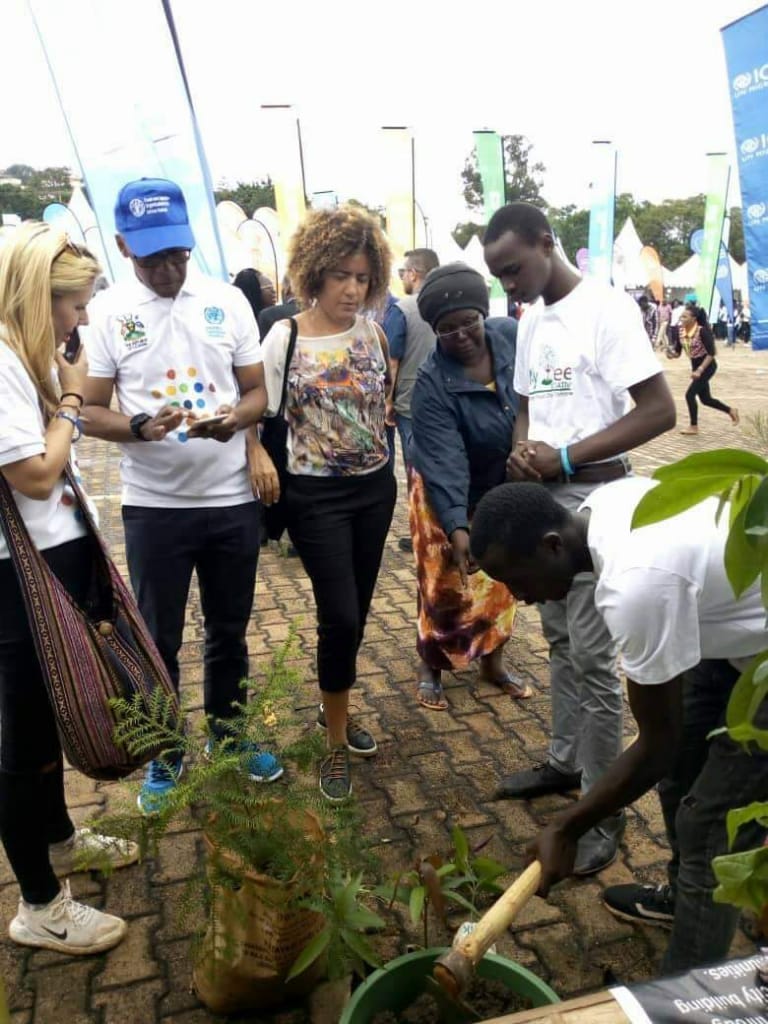
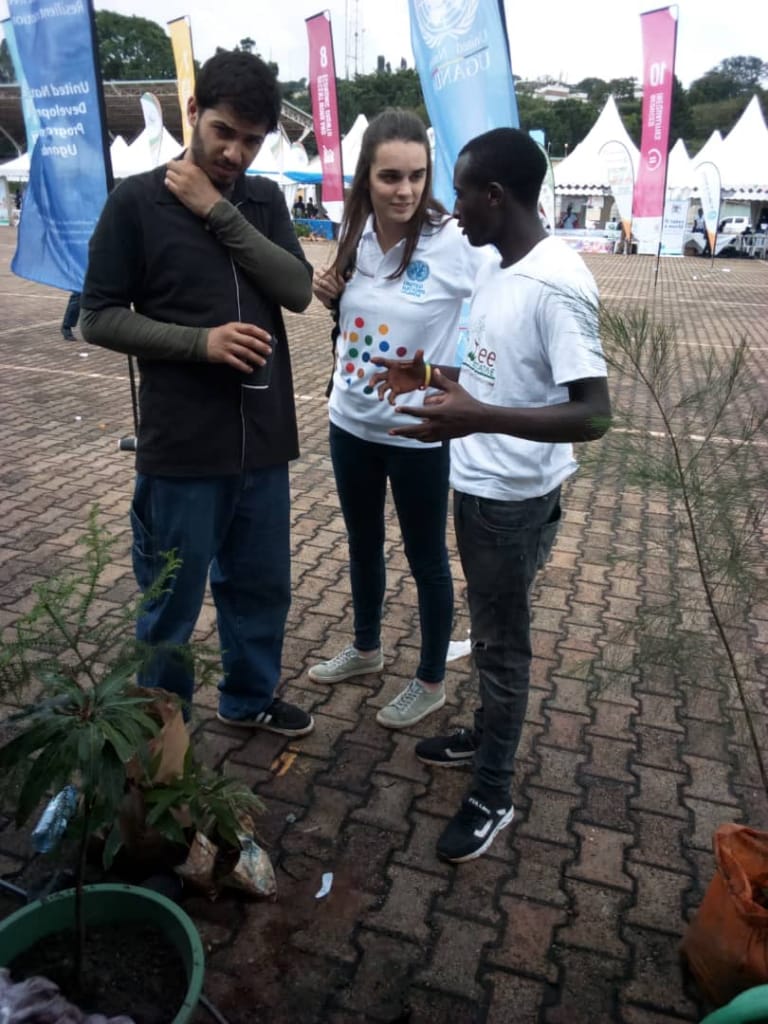
Interdependency is also something we tend to overlook in normal times. l always stress so much the fact that as long as we are on this single planet, we are all equal. Today, it turns out to be truer than ever before. We realise how deeply each one of us is connected with everybody else. We are as safe as the care we take of others’ safety, not only of human beings but also of plants and animals. Faced with an extraordinary crisis, most people tend to be selfish but this is a crisis that no one can be safe until we are all safe.
Though voluntary services through social mobilisation are not encouraged due to the highly contagious nature of the disease, there are many ways in which people can help contain and mitigate the viral spread. Everybody can contribute towards raising awareness and equally by refraining from spreading panic, taking prudent precautions advised by our governments. Those who can should also share resources, especially with less resourceful neighbours, elderly who are the most vulnerable to the disease. The coronavirus challenge underscores the necessity for “action in absence of crisis “.
Nature is reminding us to acknowledge, with humility, our quintessential equality and interdependency. It’s a lesson-imparted at a heavy price that will come hardy in mitigating global challenges like Climate Change as well as in building a better, common future. In the meantime, The weeks and months before the pandemic, we heard a growing chorus of voices on the enormous value of trees and forests. There is an increasing power and momentum around the concept that tree planting is the simplest, most effective and economical solution to some of our world’s most pressing environmental problems.
Therefore I pray that with God’s mercy, we all come out of this crisis alive and if we do, I argue each and everyone of us, our families and friends to plant a tree as a way of remembering or rejoicing the end of this historic lockdown and pandemic.
Enjer Ashraf is founder of My Tree Initiative Uganda living in Kampala, Ugand
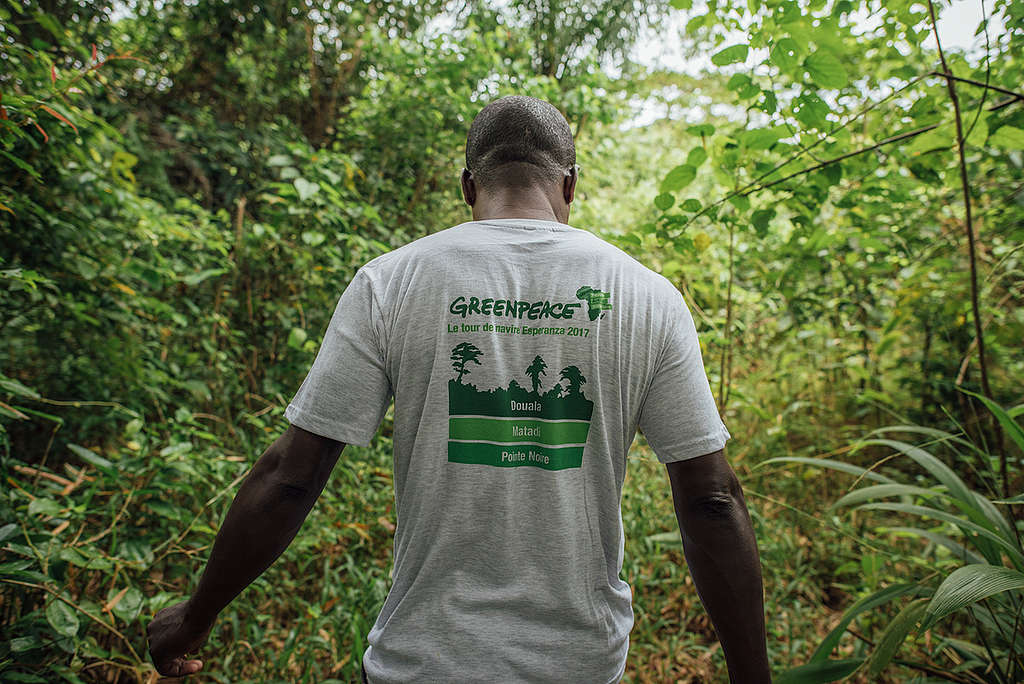



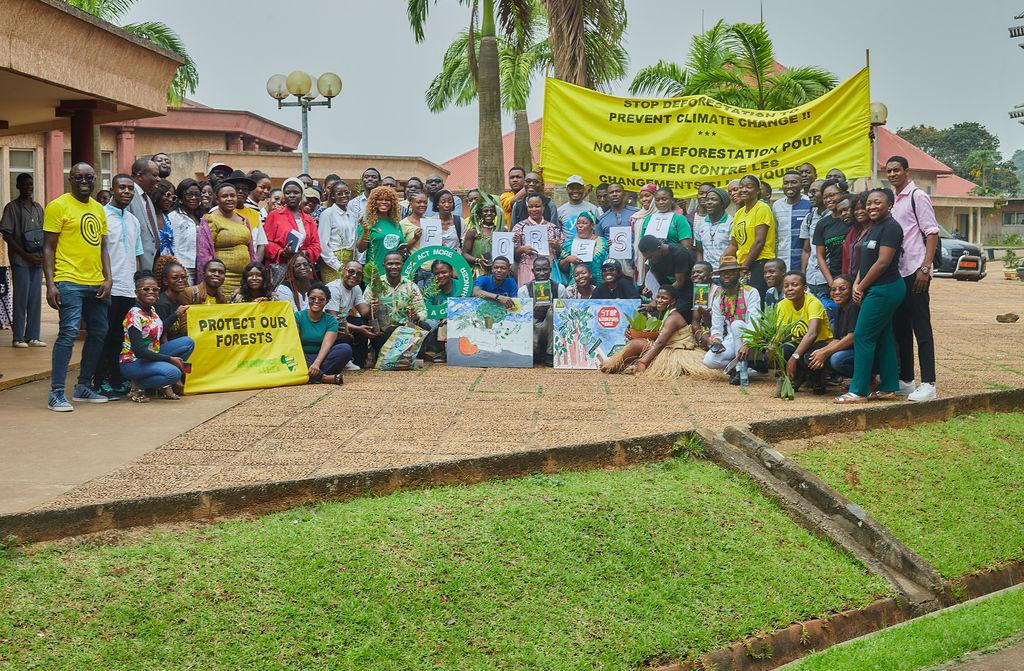
Discussion
This is a very good idea my bro,the fact that the green life has been so neglected and people have just passed it that way,you coming up with this is entirely a big hope instilled in the youth and the world at large. Keep moving. #GreenPeace
This article is awesome!
Thank you for your support.